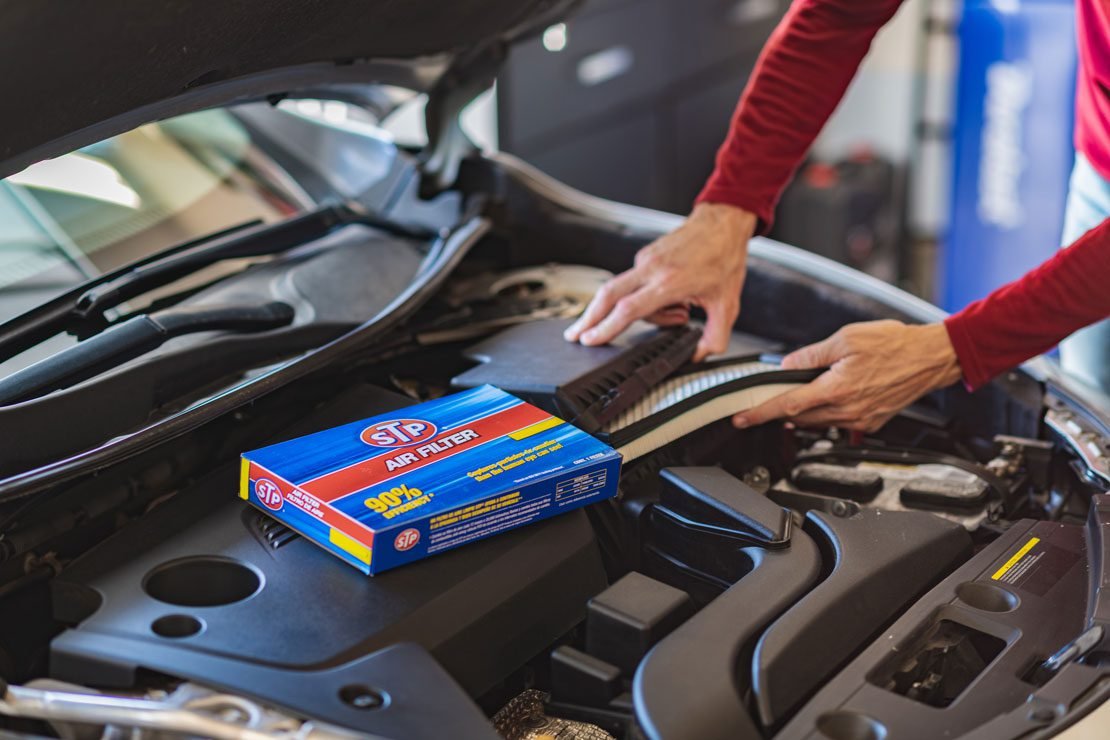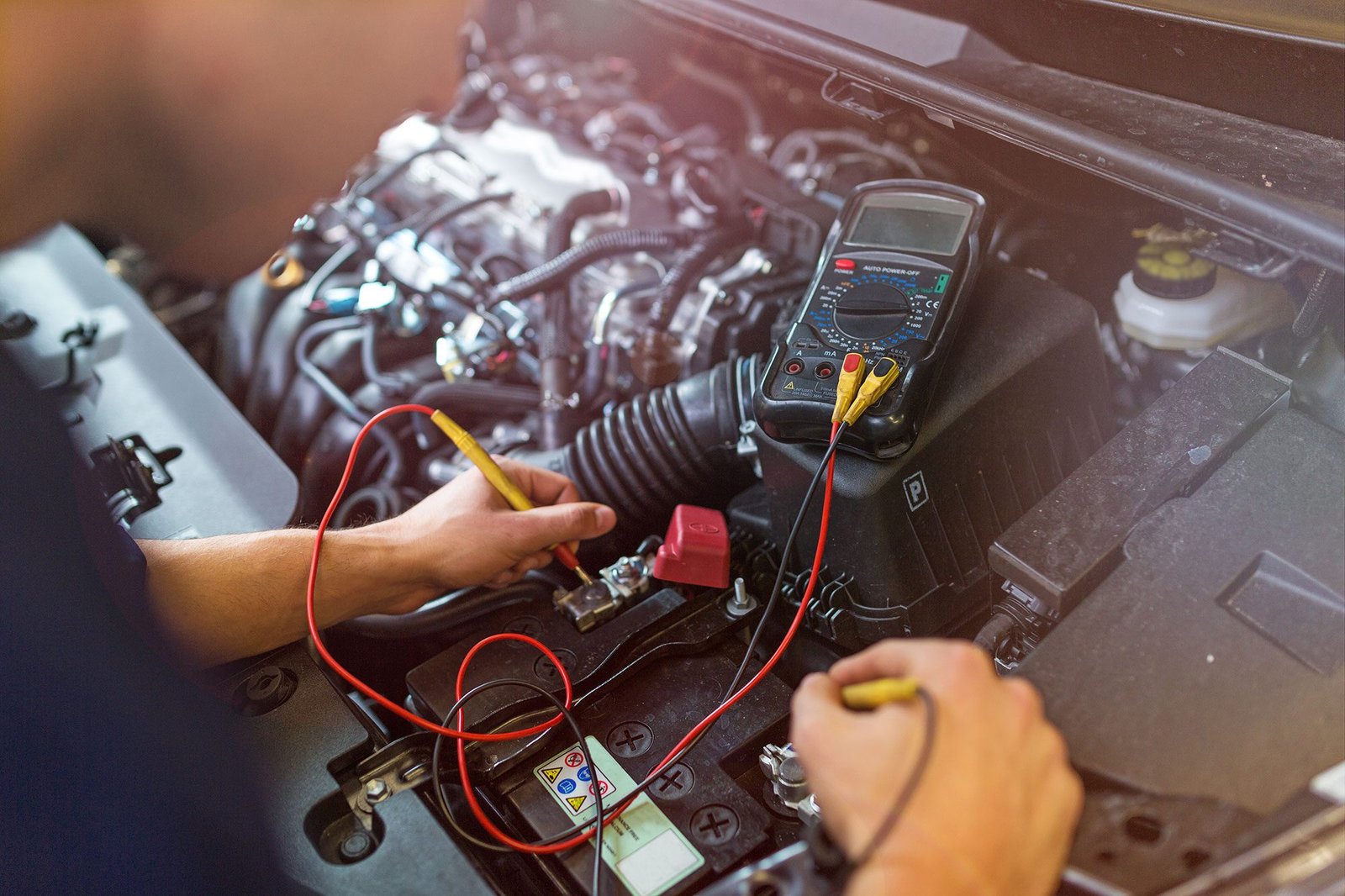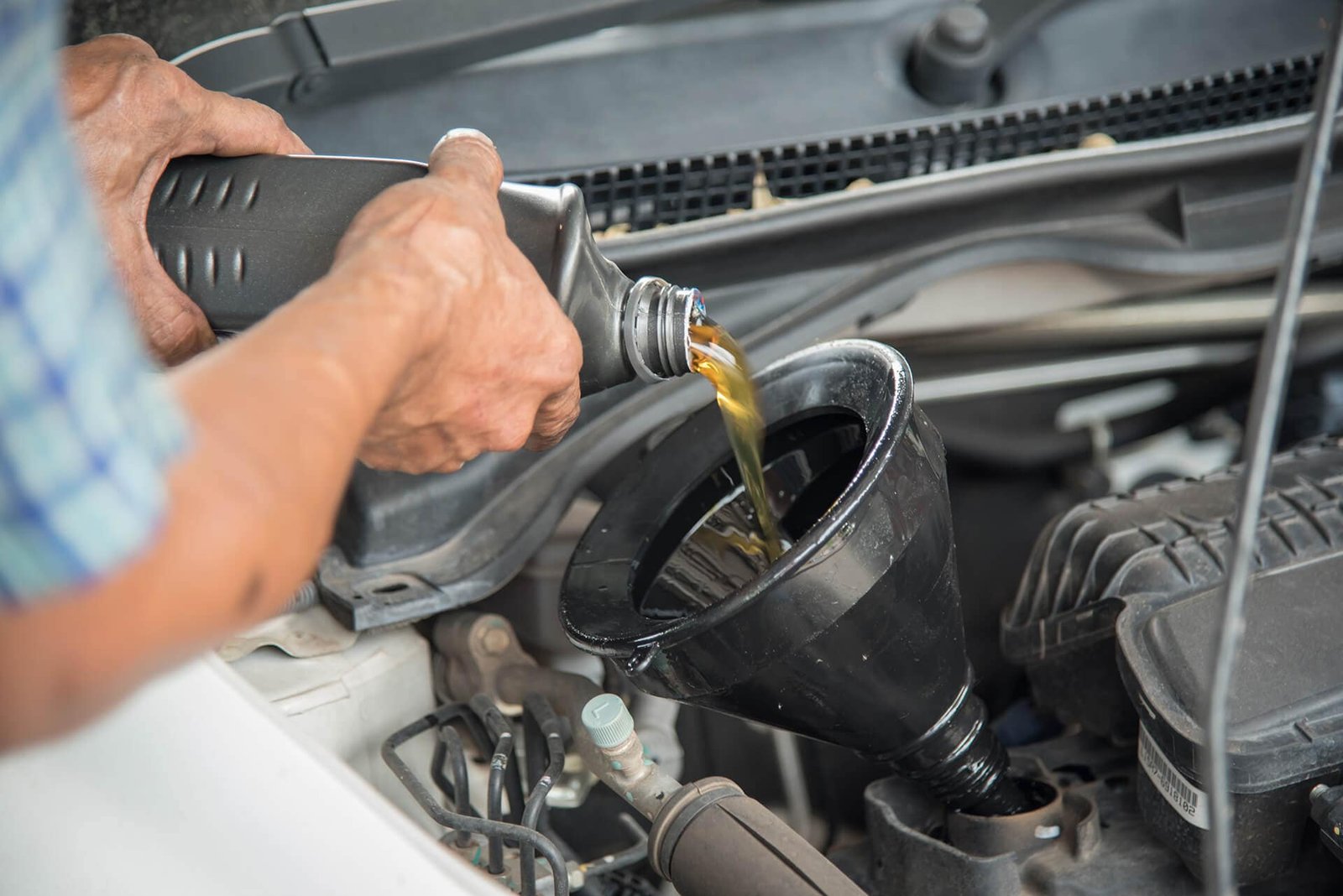The quality of the air inside our homes is very important to our health, and changing your air filters on a daily basis is an easy and effective way to improve it. We’ll go over the ins and outs of replacing your own air filters in this guide, giving you useful information and tips to help you breathe better at home.
Signs That It’s Time to Replace Your Air Filter
Less air flow
A obvious drop in airflow is one of the main signs that your air filter needs to be replaced. If you notice that some places aren’t getting enough heat or cool air, you may need to check and replace your air filter.
Energy bills going up
A big jump in your energy bills that doesn’t mean you’re using less energy is another red flag. If your filters are dirty or clogged, your HVAC system has to work harder, which uses more energy and makes your bills go up.
Clear dirt and dust
A quick look can tell you a lot about the state of your air filter. If dirt and dust start to build up on the filter, it’s clear that it’s not working well anymore and needs to be changed.
How to Understand Air Filters
There are different kinds of air filters. To make the best choice for your home, you need to know about the different types and the Minimum Efficiency Reporting Value (MERV) rating system.
Many kinds of air filters
There are different kinds of air filters, such as HEPA, fibreglass, pleated, and electrostatic filters. The best times to use each type depend on their own set of benefits.
MERV System for Rating
The MERV grade method sorts filters into groups based on how well they catch particles. A higher MERV number means better filtration, but it’s important to make sure it works with your HVAC system.
Advantages of Changing Your Air Filters Often
Changing your air filter on a daily basis has more benefits than just making the air better. Let’s look at the good things that can happen when you do this simple repair job.
Better air quality
An air filter that is clean keeps the air in your home free of dust, pollen, and other harmful particles, making it a better place to live.
Better efficiency of the HVAC system
Not only does efficient air flow make the air better, it also makes your HVAC system work less hard. In turn, this makes it last longer and lowers the chance that it will need expensive fixes.
Savings on costs
Even though changing air filters costs money, the cost of doing so is much less than the cost of energy bills and HVAC fixes that could happen if you don’t.
How to Pick the Best Air Filter
When choosing the right air filter, you need to think about your HVAC system, your health needs, and your budget.
Choosing the Right Filter for Your HVAC System
Filters need to be different for each type of HVAC system. Check the instructions for your system or talk to a professional to make sure it works with other systems.
Taking into account allergies and sensitivities
If you or someone in your family has allergies or sensitivities, choose screens that are made to catch allergens, mould spores, and other particles that can make breathing problems worse.
How to Change an Air Filter Yourself
Now that you know how important it is to change your air filter, let’s go over the easy steps you can take to do it yourself.
Get the Tools You Need
Get the tools you’ll need, like a screwdriver, a new air filter, and anything else that the instructions for your HVAC system says you need.
Find the HVAC system and turn it off.
Find the spot for the air filter in your HVAC system and turn it off before you try to change the filter. This keeps you safe and keeps the system from getting hurt.
Get rid of the old air filter.
Be careful when you take out the old air filter, and write down its size and direction. Follow the rules for getting rid of trash in your area to properly get rid of it.
Put the new air filter in place.
Follow the manufacturer’s directions for putting in the new air filter. Make sure it fits tightly in the slot and lines up with the signs that show the direction of wind.
Start up the HVAC system.
Turn on the HVAC system again after the new filter is in place. Enjoy the cleaner air and higher economy that this easy do-it-yourself project brings.
How often the air filter needs to be changed
As a general rule, air filters should be replaced every one to three months. However, the frequency can change depending on things like how often they are used and the weather.
Setting up Based on how it’s used and where it is
If you have pets or live in an area with a lot of pollen, you may need to change your filters more often. Keep an eye on the state of your filter and change how often you replace it as needed.
What Not to Do: Common Mistakes
To maintain an air filter well, you must avoid making common mistakes. Let’s look at some mistakes you should try to avoid.
Not Using the Right Filter Size
Using the wrong size filter can make your HVAC system less effective and even cause damage. Make sure you choose the right size by reading the system’s instructions or talking to a professional.
Not doing regular checks
Checking your air filter should not be put off until your HVAC system is giving you trouble. By doing regular checks, you can find problems early on and avoid having to pay a lot for fixes.
Not Taking Notice of Problem Signs
Don’t ignore these signs if you see less movement or higher energy bills. If you fix problems with your air filter right away, you may save money in the long run.
Options for cheap air filters
It doesn’t have to cost a lot to make sure your home has clean air. Look into choices that are both efficient and affordable that won’t break the bank.
Filters That Are Both Cheap and Effective
There are a number of inexpensive screens that work well. Within your price range, look for choices with a good MERV grade.
Pros of Buying in Bulk
You might want to buy a lot of air filters at once to save money and make sure you always have backups on hand in case you need them.
Eco-Friendly Air Filter Options
People who care about the environment can choose air filters that are made from sustainable materials.
Eco-friendly materials for filters
Pick filters made from materials that can be recycled or broken down naturally. This makes your HVAC repair less harmful to the earth.
Right Ways to Get Rid of Things
Follow your local rules for recycling or throwing away trash when you get rid of used air filters. Some filters might be able to be recycled, which would be better for the environment.
Clean air is good for your health.
When it comes to your overall health, clean air is very important, especially for your lungs.
Cutting Down on Pollutants and Allergens
When air filters are clean, they trap allergens and pollutants, making the air cleaner, which reduces allergy symptoms and breathing problems.
Improving the health of your lungs
Better air quality helps keep your lungs healthy, which lowers your risk of getting respiratory infections and long-term problems.
DIY Success Stories from Real People
Listen to people who have had good experiences after switching their air filters.
Customer Reviews
“After changing the filter, I could tell right away that the air quality was better.” My allergies are better, and the house smells better.
Mrs. Sarah, owner
“The DIY approach saved me money, and I feel more confident in maintaining my HVAC system.”
Mark, a DIY fanatic
Fixing Problems with Air Quality
When air quality problems last for a long time, it’s important to find and fix the root reasons.
Dealing with Long-Lasting Issues
Find possible causes of indoor air pollution, like mould or problems with airflow. Taking care of these issues can make the air quality better for a long time.
Getting professional help when you need it
If your own efforts to fix air quality problems don’t work, don’t be afraid to get help from a professional. HVAC experts can do thorough evaluations and come up with solutions that are just right for you.
Do-It-Yourself vs. Professional Replacement of Air Filters
Even though replacing an air filter on your own is easy, there are times when you should get professional help.
When You Should Do It Yourself
Most of the time, you can do routine air filter swaps on your own. But if you have complicated problems or aren’t sure what to do, it’s best to talk to an expert.
Situations that need professional help
It’s best to have a professional look at your HVAC system if you notice strange smells, problems that won’t go away, or sounds that aren’t from it.
In conclusion
To sum up, changing your air filters yourself is a simple but effective way to take care of your indoor air quality and make your home healthy. You can breathe easy and enjoy the many benefits of clean air if you know the signs, the benefits, and the right way to replace it.
Asked Questions (FAQs): How often should I change my air filter?
The frequency varies on things like how it’s used and where it’s located. Once a month, check your filter and change it if you see dirt or less movement.
What kind of air cleaner can I use for my HVAC?
No, different HVAC systems need different kinds of filters. Check the instructions for your system or talk to a professional to make sure it works with other systems.
Are air filters that cost a lot worth the money?
There are cheaper filters with good MERV scores that may work just as well as more expensive ones. Pick what you want based on your income and needs.
Should I throw away my old air filters?
See what the area rules are for good dumping. Some filters might be able to be recycled, which would be better for the environment.
What should I do if the air quality problems don’t go away after I change the filter?
Find possible pollution sources, and if the problems don’t go away, get professional help to do a full evaluation of your HVAC system.



